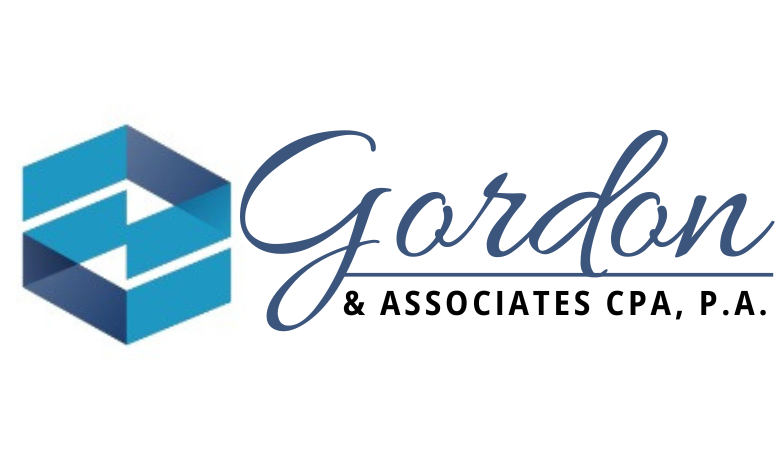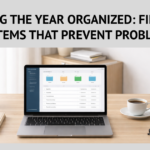Maximize Your Tax Savings with Home Office Expenses

What Qualifies as a Home Office?
To deduct home office expenses, the space must be used exclusively and regularly for business purposes. This means a dedicated area in your home, such as a spare room or a section of a room, that is used solely for work.
Key Deductions:
1. Direct Expenses:
Office Supplies: Pens, paper, printer ink, etc.
Furniture: Desks, chairs, filing cabinets.
Equipment: Computers, printers, and other office machinery.
2. Indirect Expenses:
Utilities: A portion of your electricity, heating, and internet costs.
Rent or Mortgage Interest: A percentage based on the size of your office relative to your home.
Insurance: Part of your homeowner’s insurance.
Maintenance and Repairs: Costs directly related to the office space.
Simplified Option:
The IRS offers a simplified method for calculating home office expenses. Instead of tracking all actual expenses, you can multiply the square footage of your home office (up to 300 square feet) by a prescribed rate ($5 per square foot). This method simplifies record-keeping but may result in a smaller deduction compared to the actual expense method.
Important Considerations:
– Regular and Exclusive Use: The area must be used regularly and exclusively for business purposes.
– Principal Place of Business: To clarify, the home office must be your primary place of business or where you meet clients and conduct business activities.
How to Claim:
Use IRS Form 8829 to calculate and claim your home office deduction. Ensure accurate records and receipts are kept to substantiate your claim in case of an audit.
While this guide provides a solid foundation, individual circumstances vary. Consult with a tax professional to ensure you maximize your deductions and comply with IRS regulations.
Maximize your tax savings today by exploring the home office deduction!






